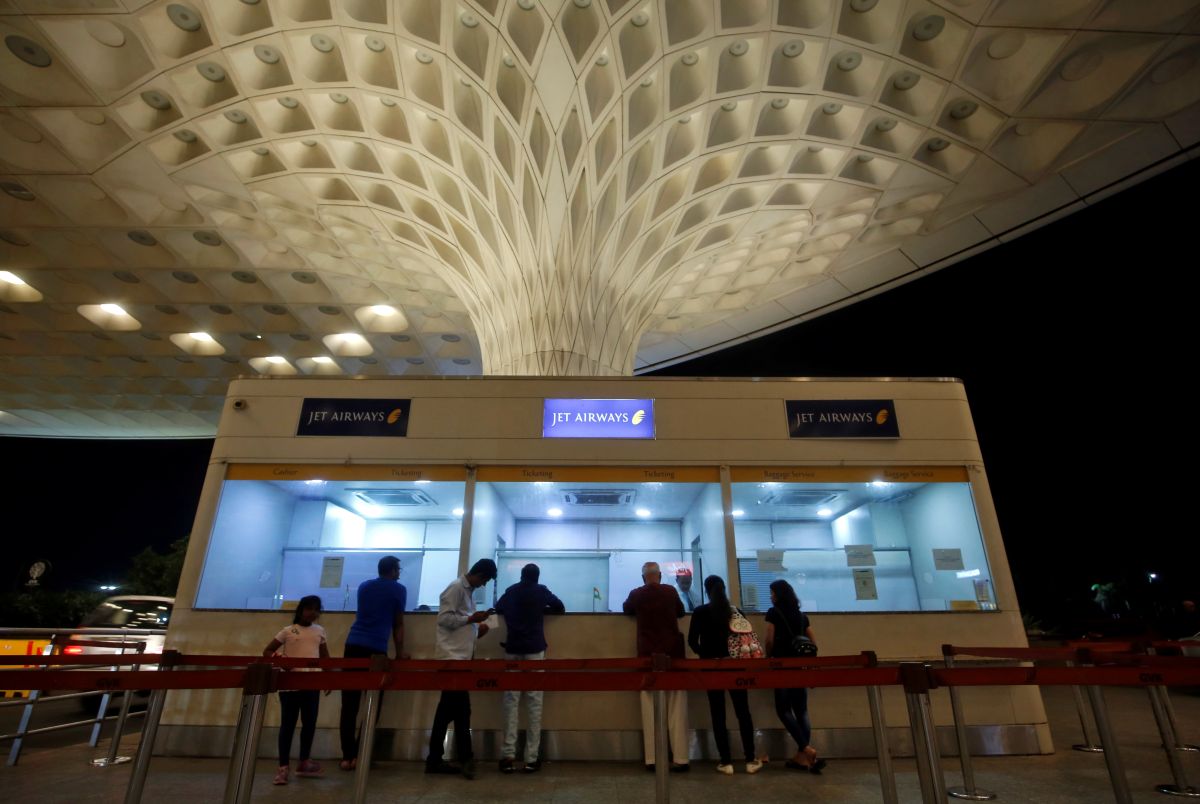India's aspiration to turn Delhi and Mumbai into global mega hubs -- among the world's most connected international airports -- remains a distant and difficult goal.
However, progress is being made on a different front, as both airports are emerging as key international hubs for low-cost carriers (LCCs), where airports in the Asia-Pacific (APAC) region already lead the charge.
According to global travel data provider OAG, Delhi airport ranks 24th among the world's top 50 mega hubs (for the period between September 2023 to August 2024), a modest improvement of one spot from 2023.
Meanwhile, Mumbai airport, constrained by capacity, has slipped sharply from 33rd to 44th in the same period.
The rankings are based on the ratio of international connections to the number of destinations served, factoring in both the number of international flights and the frequency of flights on each route -- key elements in building a global mega hub.
At both Indian airports, IndiGo reigns supreme. In Delhi, it accounts for 31 per cent of the 21,781 international connections, covering over 156 destinations.
In Mumbai, IndiGo controls an even larger 41 per cent of the 12,849 international connections across 127 destinations.
London, dominated by British Airways, remains the top global mega hub, with 50 per cent of its 61,356 international connections reaching 227 destinations.
Meanwhile, Kuala Lumpur has jumped to the second spot (from fourth a year ago and 12th in 2019), thanks to AirAsia, which manages 35 per cent of the 33,411 connections to 137 destinations from Malaysia's main airport.
Delhi, however, still trails behind major hubs like Bangkok, Singapore, Manila, Jakarta, and Bogot.
Yet, OAG notes a gradual shift toward Asia in the top 20 global mega hubs, with eight of them now located in APAC, reflecting the region's growing importance in global connectivity.
India's position as a mega-hub for LCCs, however, has improved. Delhi now ranks fifth among the top 25 global LCC hubs, trailing Kuala Lumpur, Manila, Incheon (South Korea), and Singapore -- moving up one spot from last year, largely driven by IndiGo's aggressive international expansion.
Mumbai, meanwhile, holds steady at 11th, with IndiGo continuing to dominate.
APAC airports maintain a firm grip on the LCC mega hub market, accounting for 64 per cent of the top 25 LCC hubs worldwide. This includes eight airports in Southeast Asia, five in Northeast Asia, two in South Asia -- Delhi and Mumbai -- and one in the Southwest Pacific (Sydney).
-- Surajeet Das Gupta/Business Standard
